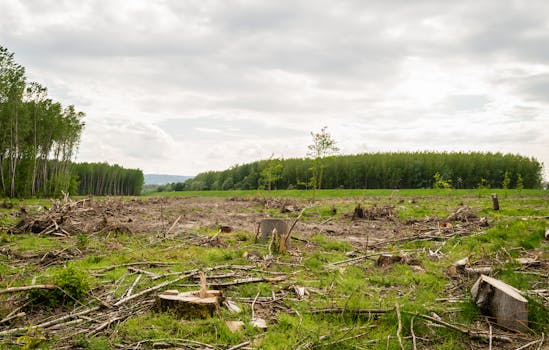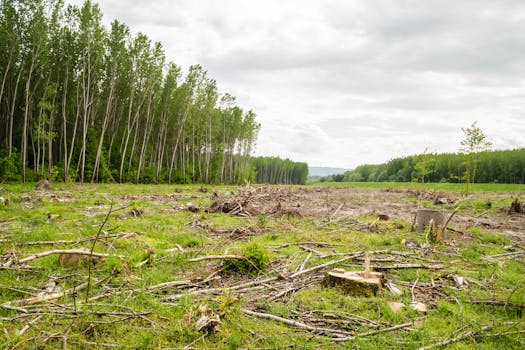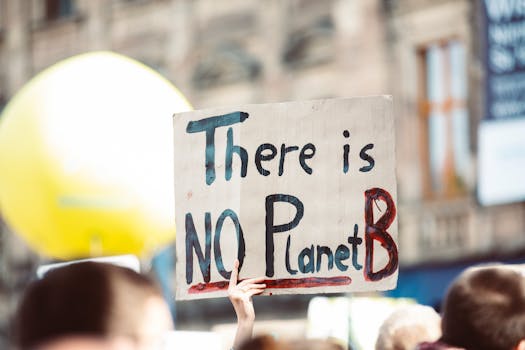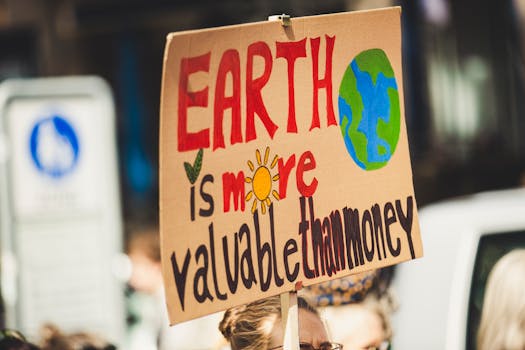
Understanding Climate Change Impacts

Climate change is one of the most pressing challenges facing humanity today. It affects ecosystems, weather patterns, and global temperatures, leading to severe consequences for our planet.
Impacts on Ecosystems

The effects of climate change on ecosystems are profound. Rising temperatures and changing precipitation patterns disrupt habitats, threaten biodiversity, and lead to the extinction of species. Coral reefs, for instance, face bleaching due to increased sea temperatures, which can devastate marine life.
Social and Economic Consequences

Climate change also has significant social and economic impacts. Communities are forced to adapt to extreme weather events, which can lead to displacement and loss of livelihoods. Additionally, the economic burden of climate-related disasters can strain national economies and global markets.
The Role of Environmental News Coverage

Effective environmental news coverage is essential to raise awareness about climate change. Journalists play a critical role in informing the public about the latest scientific findings, policy changes, and grassroots movements aimed at combating climate change.
Challenges in Environmental Reporting

Despite its importance, environmental reporting faces challenges. Misinformation and political agendas can skew public perception. Journalists must remain committed to providing accurate, evidence-based reporting to help audiences understand the realities of climate change.
Conclusion

Understanding climate change impacts and the role of environmental news coverage is vital for fostering a more informed public and driving action. As we face this global crisis, it is crucial that we support journalism that prioritizes factual and comprehensive reporting on environmental issues.



